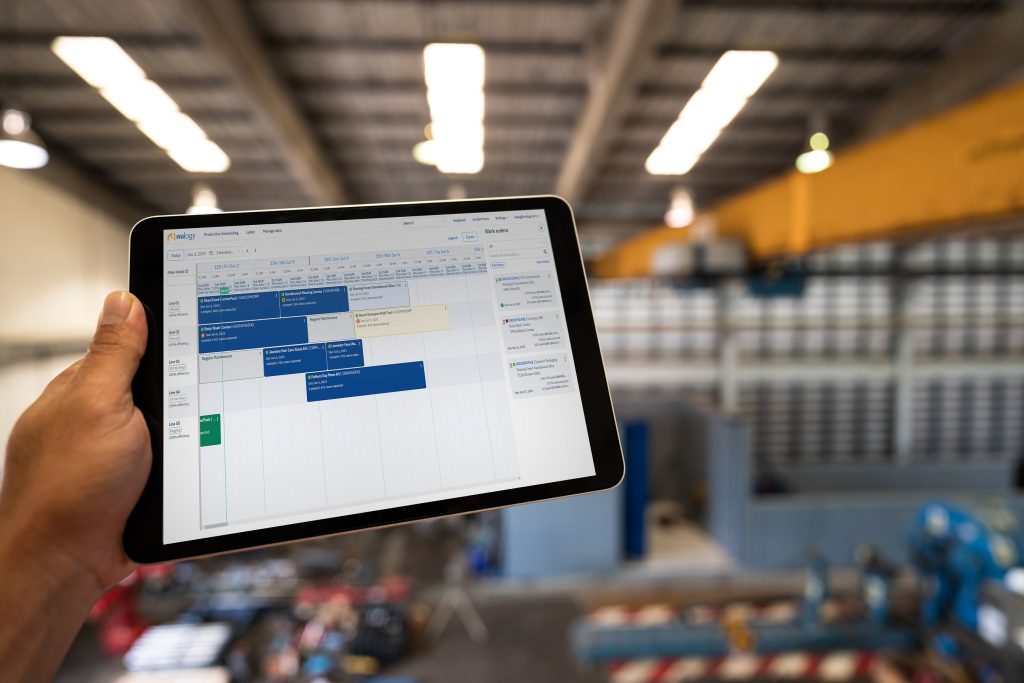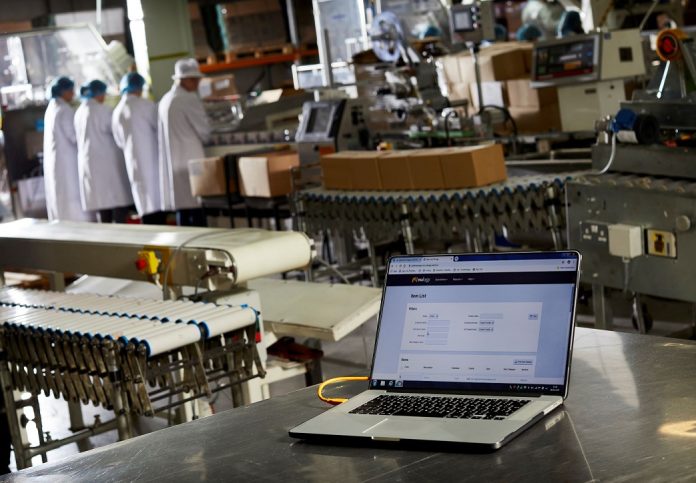Josephine Coombe explores how to control rising labour costs in food manufacturing
April brought with it significant shifts for UK employers, as changes to the national minimum wage and national insurance contributions took effect. These new cost increases are particularly impactful for the food manufacturing sector, where operations often run on slim margins and labour remains a crucial component of day-to-day production.
For external manufacturers and contract packers, especially those servicing the fast-paced food and beverage industry, the challenge is clear: How do businesses balance the rising costs while maintaining quality or output?
In an environment where cost recovery through pricing isn’t always an option, the focus must turn to improving internal efficiencies – and digitalisation can be key.
Industry voices on navigating cost pressures
“Certainly, there are some headwinds for all employers at the moment,” said Michael Briggs, Managing Director of Marsden Packaging Ltd, a specialist contract packer in the UK food sector. “Those that trade on very tight margins are going to struggle if they can’t recover the extra cost through price increases or efficiency gains via automation or digitalisation. With Nulogy’s software for contract packing operations, we had a good year last year and I am forecasting, despite the cost increases, another one this year.”
Ian Wright, Managing Director at Prism eLogistics, added: “Labour cost increases hit logistics and fulfilment operations in a particularly hard way because they impact many points in the process, from goods receiving to packing and dispatch. With wage and NI rises, we need to be more precise in how we plan and allocate our teams. Without greater visibility across the workflow, it’s easy for labour costs to creep up.”
Both directors’ remarks reflect a broader industry sentiment: the need to mitigate costs by becoming more efficient, adaptable and informed about where and how resources are being used.

The role of digitalisation
While automation grabs headlines, many manufacturers and co-packers in the food industry continue to rely on manual processes, particularly in tasks like co-packing, quality inspection, or bespoke packaging runs. These labour-intensive operations are where marginal gains can make a substantial difference.
Digitalisation offers a way to uncover these gains. When production processes are tracked and monitored in real time, teams can more easily spot inefficiencies, whether they stem from labour allocation, workflow bottlenecks, machine downtime, or material readiness. This visibility supports operational continuity, allowing businesses to adapt quickly when disruptions occur or when demand changes.
More importantly, digital tools reduce reliance on manual data collection, freeing up time for teams to focus on production while improving the accuracy of performance insights. Trends can be identified faster, waste can be addressed earlier, and improvements can be implemented with greater confidence.
Supporting the shift to resilient operations
For food manufacturers navigating cost pressures, the ability to make informed decisions on the ground floor will be a critical advantage. Digital platforms designed specifically for the unique needs of co-packers, such as tracking manual work processes, managing labour deployment, and analysing production performance, are becoming an essential part of the solution.
Nulogy’s Shop Floor solution is one such platform, offering real-time visibility into labour-driven environments and helping contract packers adapt quickly to shifting cost structures. Nulogy’s complimentary solution for production monitoring, Nulogy Smart Factory, allows companies to better monitor production efficiency to find the real causes of slow time or downtime faster. As the food industry works to future-proof its operations against rising costs, tools that enhance transparency and responsiveness will become central to maintaining both performance and profitability.
Josephine Coombe is Chief Commercial Officer of Nulogy Europe






